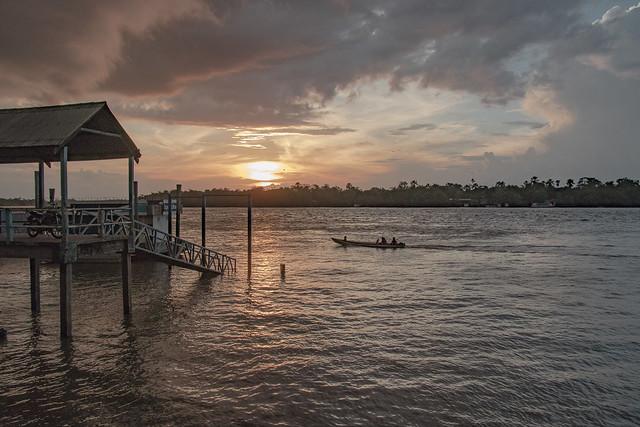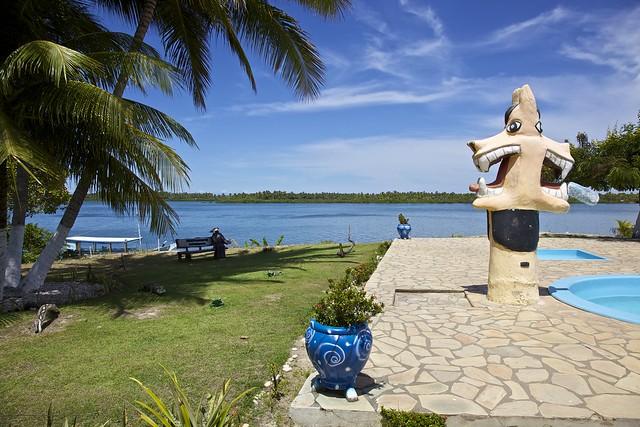
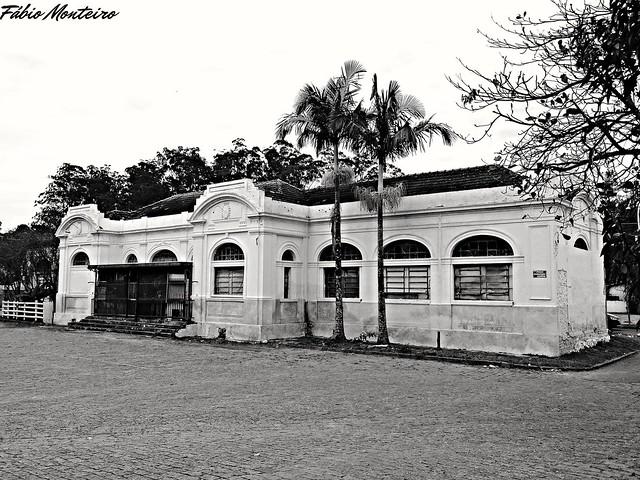
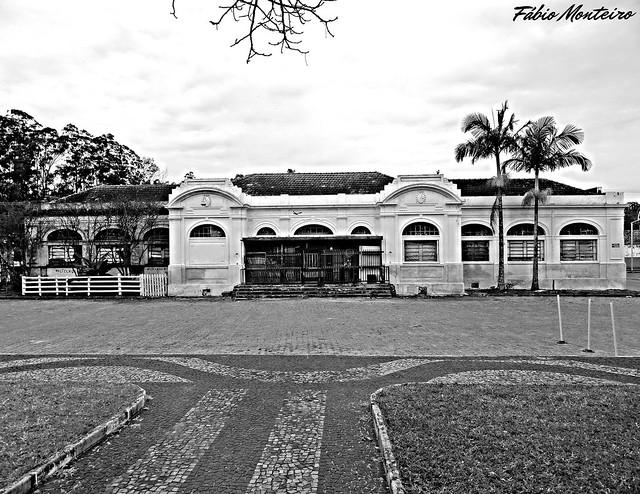
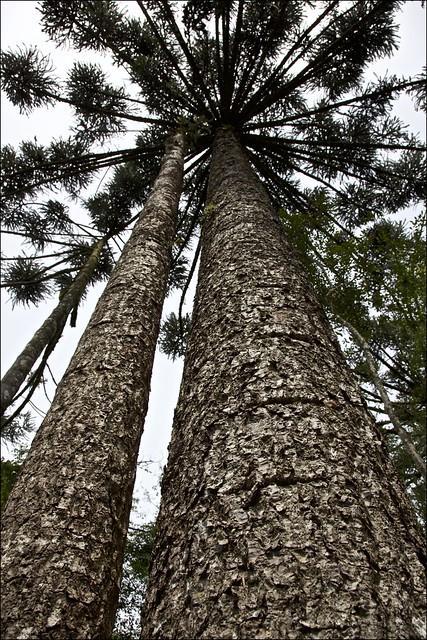
União do Sul
Overview
Overview of União do Sul
Nestled in the heart of the Brazilian state of Mato Grosso, União do Sul offers a unique glimpse into the rich tapestry of culture and history that defines this region. Founded in the late 20th century, in 1990, the city is relatively young, but it is steeped in the pioneering spirit of those who settled the area. Known for its agricultural roots, União do Sul serves as a hub for the production of grains, particularly soybeans and corn. The surrounding landscape is dominated by expansive fields that stretch towards the horizon, offering visitors a picturesque view of Brazil’s agrarian life.
Cultural Atmosphere
The cultural atmosphere in União do Sul is vibrant yet laid-back, characterized by a strong sense of community. The local population is a mix of descendants from various regions of Brazil, contributing to a rich cultural mosaic. Festivals play an essential role in the life of the city, with events such as the annual Festa do Colono, which celebrates the agricultural heritage of the area. During this festival, locals and visitors alike gather to enjoy traditional food, music, and dance, offering a taste of the genuine Brazilian spirit. The warm hospitality of the residents makes it easy for travelers to feel at home, as they are often eager to share stories and insights about their beloved city.
Natural Beauty and Outdoor Activities
Surrounded by the lush landscapes of Mato Grosso, União do Sul is an ideal destination for nature enthusiasts. The region is dotted with rivers, lakes, and wildlife, providing ample opportunities for outdoor activities such as hiking, fishing, and bird watching. The nearby Parque Nacional da Chapada dos Guimarães, located a few hours away, is a must-visit for those looking to explore stunning geological formations and breathtaking waterfalls. The natural beauty of the area not only enhances the city's charm but also serves as a vital resource for local tourism.
Historical Significance
While União do Sul may not have the extensive historical background of larger cities, its significance lies in its development alongside Brazil's agricultural boom. The city emerged as a result of the migration of families seeking prosperity in farming, symbolizing the broader economic transformations of the late 20th century in Brazil. This narrative is reflected in the architecture and infrastructure, which showcases the growth of a community driven by agriculture and trade. Visitors can explore local landmarks that tell the story of the city’s evolution, from humble beginnings to its current status as a central player in the agricultural sector.
Local Characteristics
One of the most endearing qualities of União do Sul is its simplicity and authenticity. The city does not boast the glitz and glamour of major urban centers, but rather, it offers an unfiltered look at everyday Brazilian life. Local markets are filled with fresh produce, handmade crafts, and traditional dishes that reflect the culinary heritage of the region. Travelers can indulge in local delicacies such as pamonha (a corn-based dish) and empadão (a savory pie), providing a true taste of Mato Grosso’s flavors. The slow pace of life here allows visitors to appreciate the beauty of the surroundings and engage more deeply with the local culture.
In summary, União do Sul is a hidden gem in Brazil that showcases the country’s agricultural heart while offering visitors an authentic experience of local culture and community life. With its rich agricultural background, warm hospitality, and stunning landscapes, this city invites travelers to immerse themselves in the true essence of Brazil.
Other towns or cities you may like in Brazil
Explore other cities that share similar charm and attractions.




